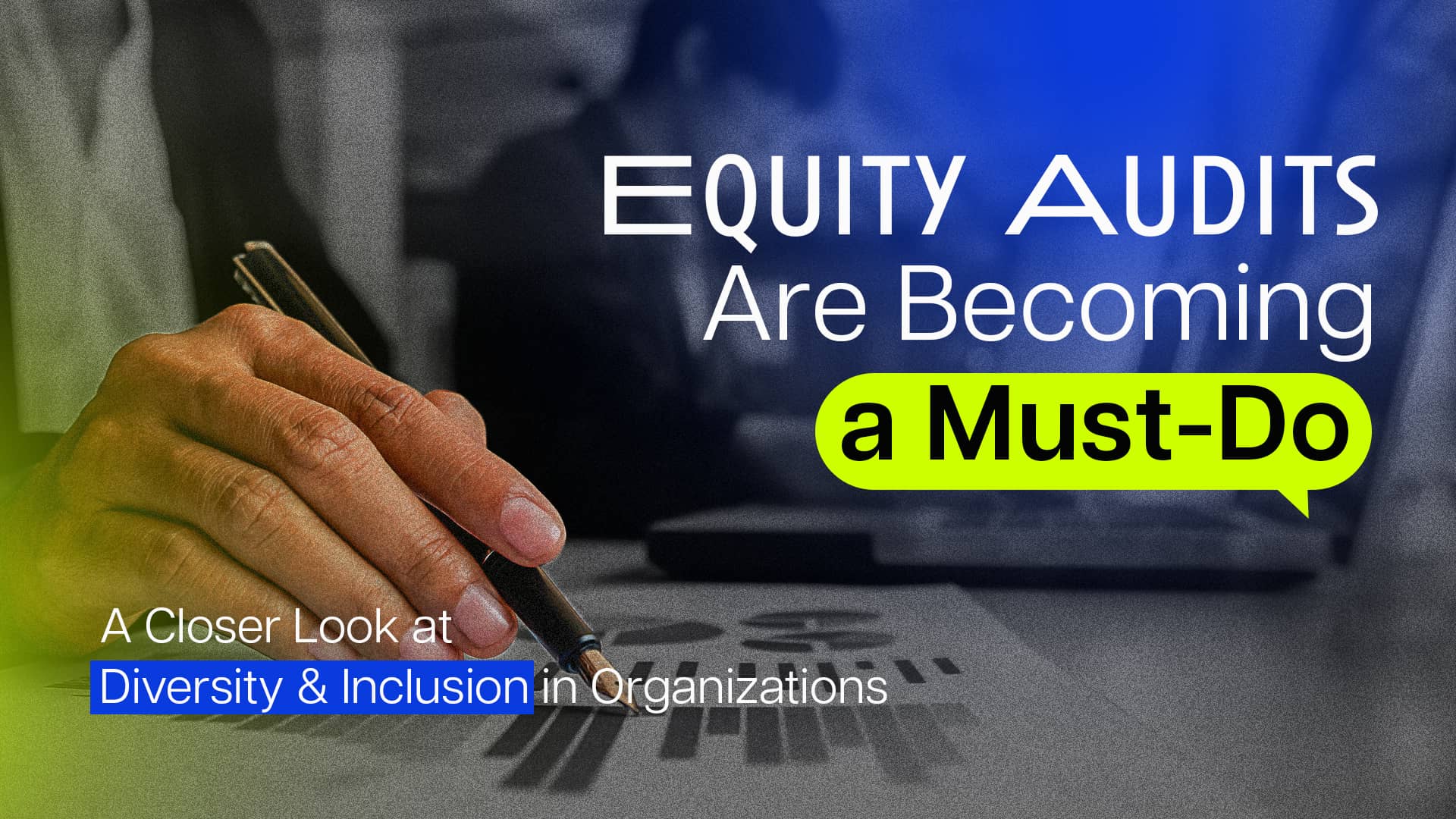Why equity audits are essential for companies to assess their diversity and inclusion practices and stay ahead of the curve.
As potential employees, governments, and the public increasingly scrutinize businesses’ diversity practices, organizations have allocated millions toward improving DE&I efforts. While the DE&I diagnostic has become a popular practice to assess workforce diversity, diagnostics may no longer be enough.
Enter the equity audit—a process that enables companies to see whether they have successfully practiced what they preach when it comes to representation across all stakeholders. Stakeholders are requiring companies to look at equity—not only at employees. Conducting audits with trusted partners can help organizations be proactive and avoid a more punitive, public process forced upon them by activist shareholders.
With nearly half of US millennials being non-white compared to a quarter of boomers, leaders are beginning to take note of the changing winds. Experts say an audit can shed light on exactly where and how companies need to improve.
To be sure, the current cutback climate has impacted DE&I resources, and audits aren’t exactly cheap. Companies should consider audits as an investment rather than an expense. The risks of not properly assessing an organization’s diversity status can lead to low morale issues and even resignations.
A DE&I maturity model can measure an organization’s DE&I maturity across five strategic dimensions: risk management, awareness, talent integration, operations integration, and market integration. This typically includes a metrics check that details overall representation, segmentation of representation, promotions, and voluntary and involuntary exits. It also provides data and insights from surveys, focus groups, and interviews regarding employee experience, perceptions of inequity or equity by demographic, and whether any procedures and policies perpetuate exclusion both within a company as well as its community of stakeholders.
However, companies should not assume that signing up for an audit is enough. Audits can be challenging to conduct effectively when those who might benefit from the status quo within an organization hamper the delivery of accurate information. Leaders should properly articulate the positive value proposition of inclusion to all within an organization before an audit begins.
On the flip side, companies might be incredibly diverse and keen to run an audit only to discover during the process that they have good behavioral inclusion but not structural inclusion. Whenever a company’s people systems are immature, everyone suffers, but minorities suffer more.
If you’re a strategic leader, you know that DE&I is going to give you a competitive advantage and be your differentiator to both employees and customers alike. An equity audit will tell you why you’re not there—and how to get there.
In conclusion, equity audits are becoming an essential tool for organizations to assess their diversity, equity, and inclusion efforts across all stakeholders. With the increasing scrutiny from potential employees, governments, and the public, equity audits have become an imperative in order to stay ahead of the curve.
While audits can be challenging to conduct effectively, they provide valuable insights into the organization’s people systems and can help identify areas for improvement. Ultimately, organizations that invest in equity audits as a strategic tool will gain a competitive advantage, both in attracting top talent and in meeting the changing expectations of their customers and stakeholders.









